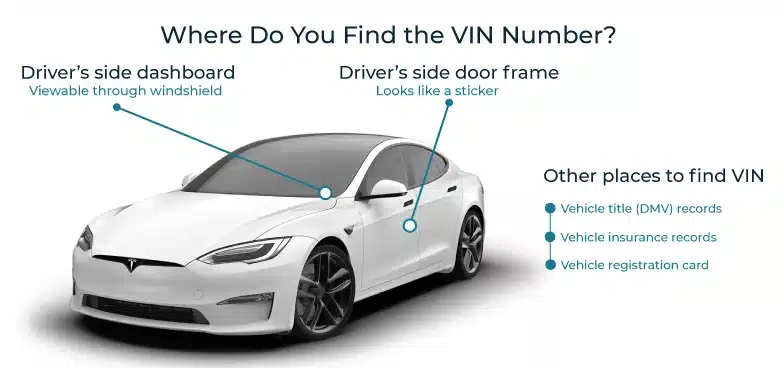
BMW Recall Check
BMW recall lookup protects your safety, safeguards your investment, and ensures the vehicle is safe, reliable, and ready for the road. Avoid surprises! Check recalls before hitting the road.
What is a BMW Recall?
A BMW recall is a safety-critical action initiated by BMW to address potential defects in its vehicles or components. These recalls are implemented when there is an issue identified that could affect the safe operation of the BMW. Recalls can cover a range of issues, from minor to more serious problems.
Why Checking the BMW Recall History is a Must
Before you put money down on a BMW, checking the VIN and securing the recall report is important to address safety concerns and maintain the vehicle’s worth.
1. BMW Safety Risk
BMW recalls are issued when there is a safety defect or non-compliance with federal safety standards in a vehicle. These issues can range from minor to severe and can potentially put the driver, passengers, and other motorists at risk. Checking the BMW recall history is crucial for Dodge owners and all drivers due to the potential safety risks and to ensure that it is safe to drive the associated recalled vehicles.
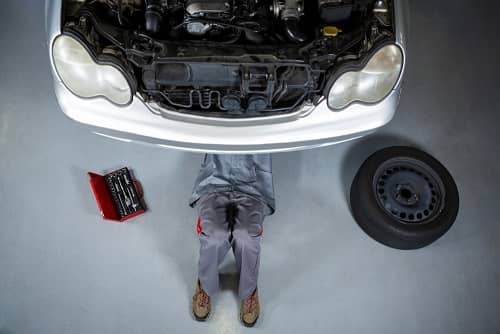
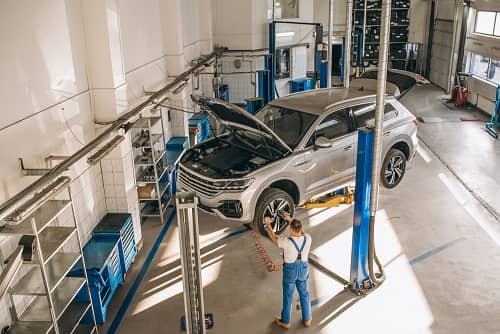
2. Compliance
Ensuring a BMW is free from unresolved recalls is part of meeting vital safety and compliance standards. Manufacturers issue recalls when a defect could affect safety or performance. Promptly resolving them not only maintains road safety but also upholds trust in the vehicle’s reliability and legal standing.
3. Inspect typical BMW safety faults
BMWs are widely known for its reputation as an icon of performance, luxury, and innovative engineering, can still face safety-critical issues, such as overheating, brake system malfunctions affecting stopping power, and faulty water pump connectors that may lead to fires. Reviewing a BMW’s recall history is a key step in spotting safety faults that might be invisible during a routine inspection.

How to Run BMW Recalls
Get the BMW recalls report in under a minute by following these simple steps below.

Locate Your BMW VIN
You’ll need your Vehicle Identification Number (VIN) ready. You’ll find the BMW VIN near the windshield, inside the driver’s door, etched on windows, or in registration and insurance paperwork. Our lookup service works on both classic and current BMW models.


Fill in the Form
Click on the form above, then fill it out with the BMW VIN details. Then, click on the button to begin the process. Don’t have the VIN? You can use your license plate number instead.


Receive Your BMW Recall Report
Wait for a few seconds for the BMW recalls report to be generated. Once it’s finished, you can get the BMW report on the recalls.
What is on the BMW Recall Check?
Check if your BMW has a Recall History. The Vehicle History Report shows complete recall information plus specific data about each issue. Here you see the details of the recall reports:
- Date of recalls: Showing when the recall was issued. This helps you quickly see the urgency and understand the recent recall of the vehicle, making it easier to prioritize repairs.
- Component that involved: See the exact parts involved in the recall. This helps you understand the defect’s nature and potential repair process.
- Consequences: Get the information on all the dangers tied to the recall. This helps buyers to know the safety threat of the vehicle.
- Action of the affected BMW: Check if your BMW is listed under the recall and arrange repairs as soon as possible. Having a full BMW Vehicle Report gives you a complete picture, including any past recalls and whether they were resolved.
Get the full picture of the BMW history reports, not only official recall descriptions, but also other important information, like the title check, past vehicle usage, accident records, and more. Explore the detailed records below:
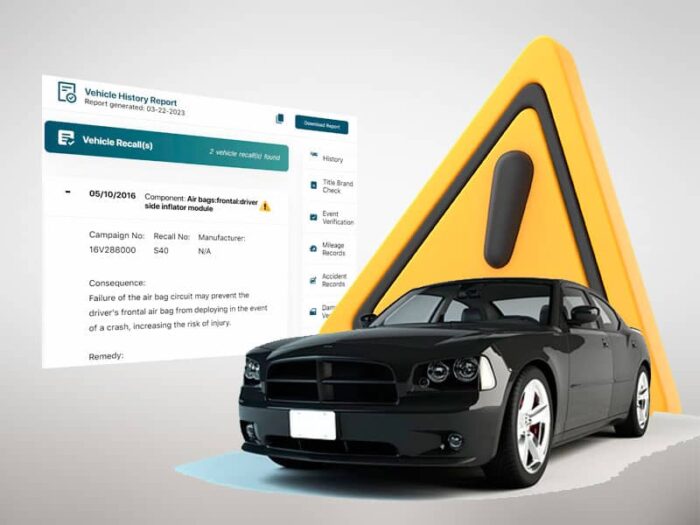
Title Check
See what’s on the BMW title (salvage, rebuilt, flood, fire, hail, junk). Branded titles lower the resale status. Plan your exit!
Past Vehicle usage
Get the full record of a vehicle’s past, including details about its usage, whether the vehicle was used for personal, lease, police, commercial, rental, or any other needs.
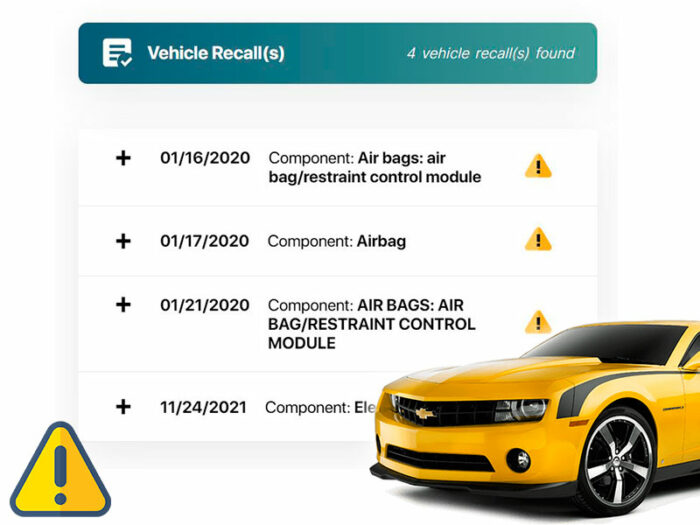
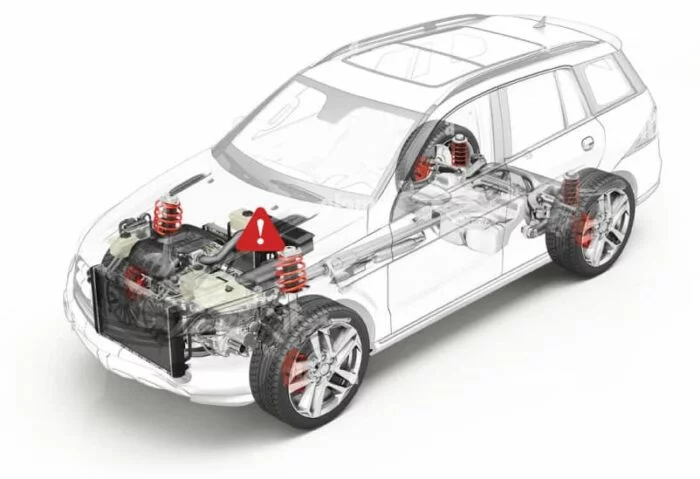
Accident Records
Make sure to check the report to see what the vehicle has been through by reviewing how many accidents the vehicle has been involved in.
Auction History
View information about the auction history of the BMW, details about its sale or non-sale, auction prices, and even 10+ auction photos (If available). Helps you assess the vehicle’s market value.
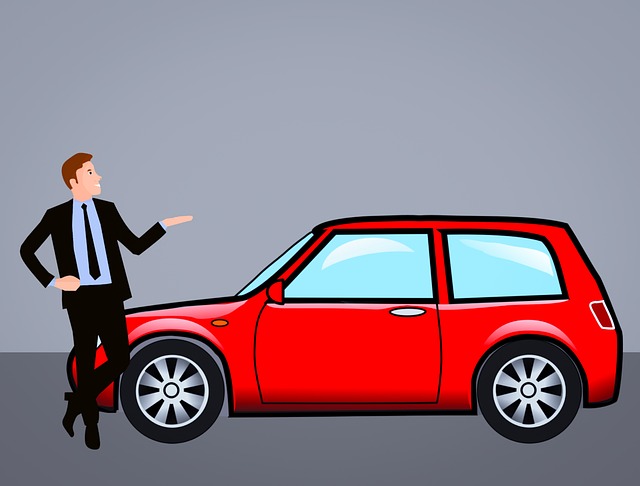
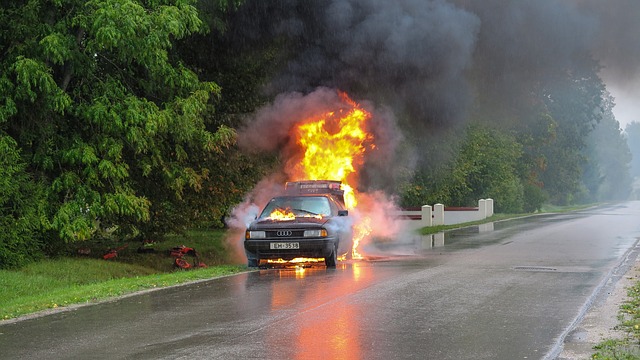
Vehicle Summary
The Vehicle Summary section reveals the most comprehensive details of the BMW, helping you spot risks like accidents, recalls, or title issues before purchase.
Warranty Status/Coverage
Warranty Status shows if your vehicle is still protected. From powertrain to roadside assistance, know your coverage before costly repairs. Get full details with our history report.
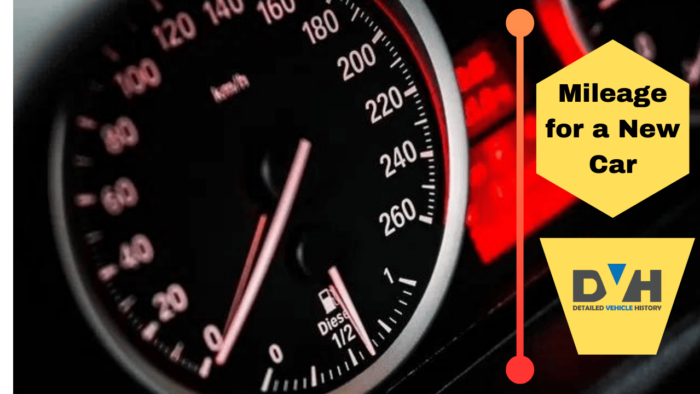
Common Issues Leading to BMW Recalls
BMW vehicles have faced several recalls over the years, largely due to safety and reliability concerns. Water pump connector faults, VANOS bolt failures, and defective airbag inflators are among the most frequent causes. BMW recalls tackle problems that could compromise safety. Below are some of the most frequently reported causes behind BMW recall notices.
Airbag Inflator Defects
BMW has recalled nearly 400,000 U.S. vehicles targeting Takata airbag inflators that may rupture during deployment. If this happens, metal fragments could be propelled toward occupants, posing a severe injury risk. The recall mainly affects certain 3 Series Sedans and Sport Wagons from 2006 – 2012.
Braking System Malfunctions
BMW is recalling over 1.5 million vehicles worldwide due to a braking system fault linked to a defective Integrated Braking System (IBS) module from Continental. Impacting some BMW models, the defect may reduce braking power and lengthen stopping distances. This global recall builds on one announced earlier in 2024 and has also affected vehicle deliveries.
Engine Issues
From overheating starter motors with fire risk to EV software glitches causing loss of drive power and fire risk. Because of that, BMW has issued recalls affecting Certain BMWs, from 2019–2021 X Series and 3 Series to 2022–2025 electric i4, i5, i7, and iX models.
Other Notable Issues
Software Glitches
BMW is recalling more than 70,000 electric vehicles due to a software glitch in the electric motor’s control system. The fault can cause the high-voltage system to shut down for up to 20 seconds, temporarily cutting drive power. By checking your VIN or license plate, you’ll receive your complete vehicle history report along with recall status. Ensure your BMW performs at its best.
Sunroof Closing Unexpectedly
BMW has recalled over 61,000 vehicles due to a sunroof control unit defect that may allow the sunroof to close without the key fob present, potentially leading to injury. The recall affects some 2019–2023 models, with a free software reprogram offered to fix the issue.
Failure to Display Critical Safety Information
The recall for BMW’s defective central information display in valet parking mode primarily affects a select group of hybrid and electric models, affecting some BMW’s 2022–2023 models. When in valet parking mode, the display may not present important safety warnings, limiting driver awareness. This recall aims to restore proper alert functionality and uphold the safety standards.
Understanding the Recall Process
A few steps are taken by the NHTSA to recall the vehicle, starting from investigating the reported problems. The NHTSA sets safety rules for vehicles and requires manufacturers to recall any cars or equipment with safety-related problems. You can explore how their recall process works below.
1. Report the Problem
Submitting your complaints is the first step to take. Once submitted, your report is stored in the NHTSA database. If numerous people report similar problems with the same product, it may signal a possible safety defect that could lead to an official investigation.
2. Investigation
Once a complaint is submitted, the NHTSA follows a multi-step process to determine whether a recall is necessary.
- Screening: Examine the vehicle complaints by the vehicle’s owner to determine if there’s enough evidence to further investigate.
- Analysis: Defect petitions are reviewed in detail. If denied, the decision and reasoning are publicly posted in the Federal Register.
- Investigate the Issues: if the safety concerns are found, NHTSA will launch a formal investigation. The investigation phase will end if either no safety-related damage is found or a recall to the manufacturer is issued.
- Recall Management: NHTSA will oversee how the recalls are handled to make sure the manufacturer file recalls notices properly, informing the vehicle’s owner, and track how many vehicles are successfully repaired.
3. Recalls
Recalls are issued when a vehicle or part poses a safety risk or fails to meet standards. This requires the manufacturer to notify consumers and fix the issue. Manufacturers usually act voluntarily and must repair, replace, refund, or repurchase.
How BMW Vehicle Recalls Are Handled
There are three main parties involved when a certain vehicle is having manufacturer issues, and each of them has its own parts. Each party plays a role in ensuring safety defects are identified, communicated, and properly resolved. Here’s the full explanation.
Manufacturer’s Role
The manufacturer’s role in BMW recalls goes beyond repairs. BMW identifies defects, designs safe remedies, informs authorities, and communicates directly with owners. Free repairs are performed at official BMW Centers, with customer support and reimbursement programs available. Every step reflects BMW’s responsibility to safeguard drivers and uphold the brand’s integrity.
NHTSA’s Role
NHTSA safeguards BMW owners by monitoring recalls from start to finish. The agency reviews complaints, investigates defects, ensures BMW’s compliance with federal law, and verifies repairs are carried out effectively. By publishing recall data on its website and Hotline, NHTSA empowers drivers to stay informed and take swift action.
Your Role as the Vehicle Owner
You will get a recall notice in the mail if your car is affected. It’s important to follow any safety instructions included in the notice and contact your local dealership as soon as possible. Repairs for recalls are free, so don’t delay getting your vehicle fixed.
Get the BMW Window Sticker by VIN
Before purchasing a pre-owned BMW, get a BMW window sticker by VIN to uncover every detail about the vehicle’s exact specifications, original factory options, and features. This detailed label reveals installed packages, trim level, interior and exterior colors, safety equipment, and even the original MSRP.
Having the BMW window sticker helps you confirm the car matches the seller’s description, spot any missing features, and understand its true market value. Ensuring there are no hidden disappointments after the purchase.
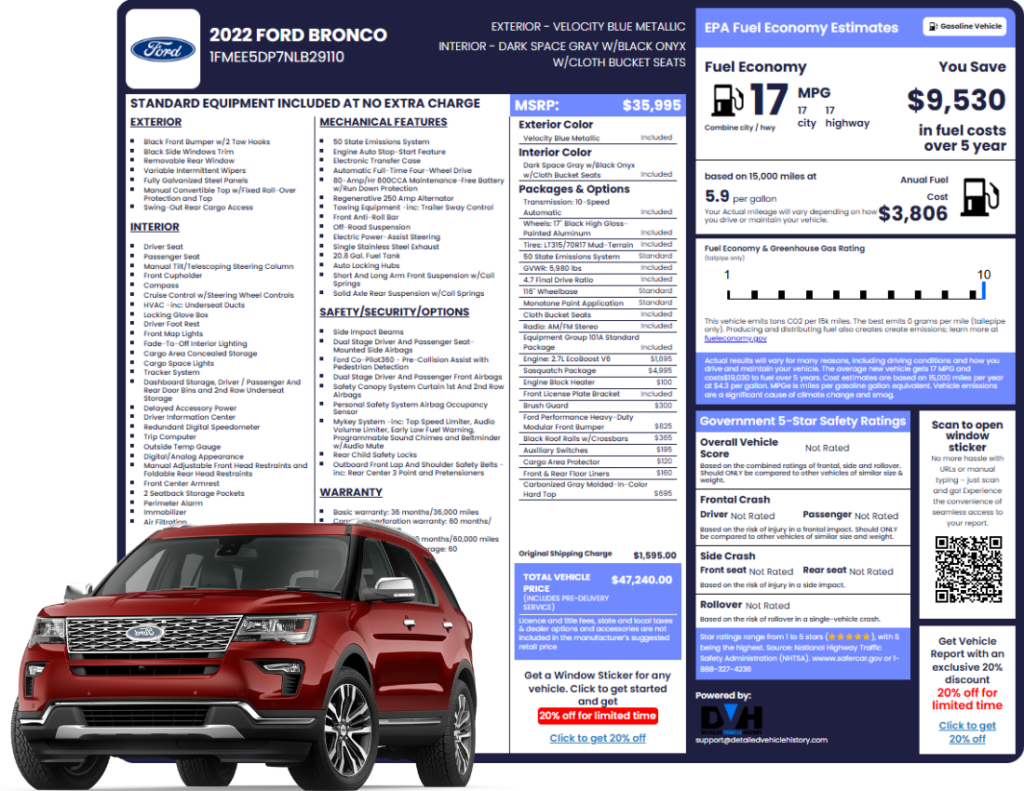
Why Use Detailed Vehicle History to Check BMW Recalls?
At Detailed Vehicle History, we provide you with beyond just BMW recall information. Our VIN reports include detailed specifications, the title check, past vehicle usage, accident records, and more.
Our goal is to help BMW buyers and sellers make smart, confident decisions. By using our reports, you can spot red flags, avoid scams, and find reliable used vehicles faster and at a Cost-effective price. Start your BMW VIN now for complete confidence behind the wheel.
Recall Check For Others Manufacturers
FAQ about BMW Recalls Check
Q. Which BMW models are recalled?
Recent BMW recalls span multiple years and models. As for September 2025. The 2024-2025 5 Series, 7 Series, i5, and i7 face a steering spindle defect, while the 2024 XM and 2025 X5, X6, X7 have seatbelt issues. A fire risk linked to water pump faults affects 2012–2018 X1, X3, X4, X5, and certain 2–5 Series cars. EVs like the i4, i5, i7, and iX from 2022–2025 are recalled for software-related power loss.
Q. How do BMW recalls work?
When BMW identifies a defect that could affect safety, emissions, or drivability, a recall is issued. The manufacturer notifies owners of affected models, with details on the problem and the repair process. The repairs or replacements are carried out at authorized dealerships at no cost, restoring the vehicle to its intended safety and quality standards.
Q. What to do if my BMW has a recall?
A recall means BMW has identified a defect that needs fixing. If your BMW has an open recall, contact your local BMW service department for a free repair. This ensures the defect is resolved to the manufacturer’s standards.
Q. Do BMW recalls expire?
No, BMW safety recalls do not expire as long as the manufacturer remains in business and continues to produce replacement parts. Whether you’re the first or a later owner, repairs remain free. If you’re unsure about your BMW’s status, our VIN or license plate lookup can quickly show any open recalls and provide a complete vehicle history report in seconds.

